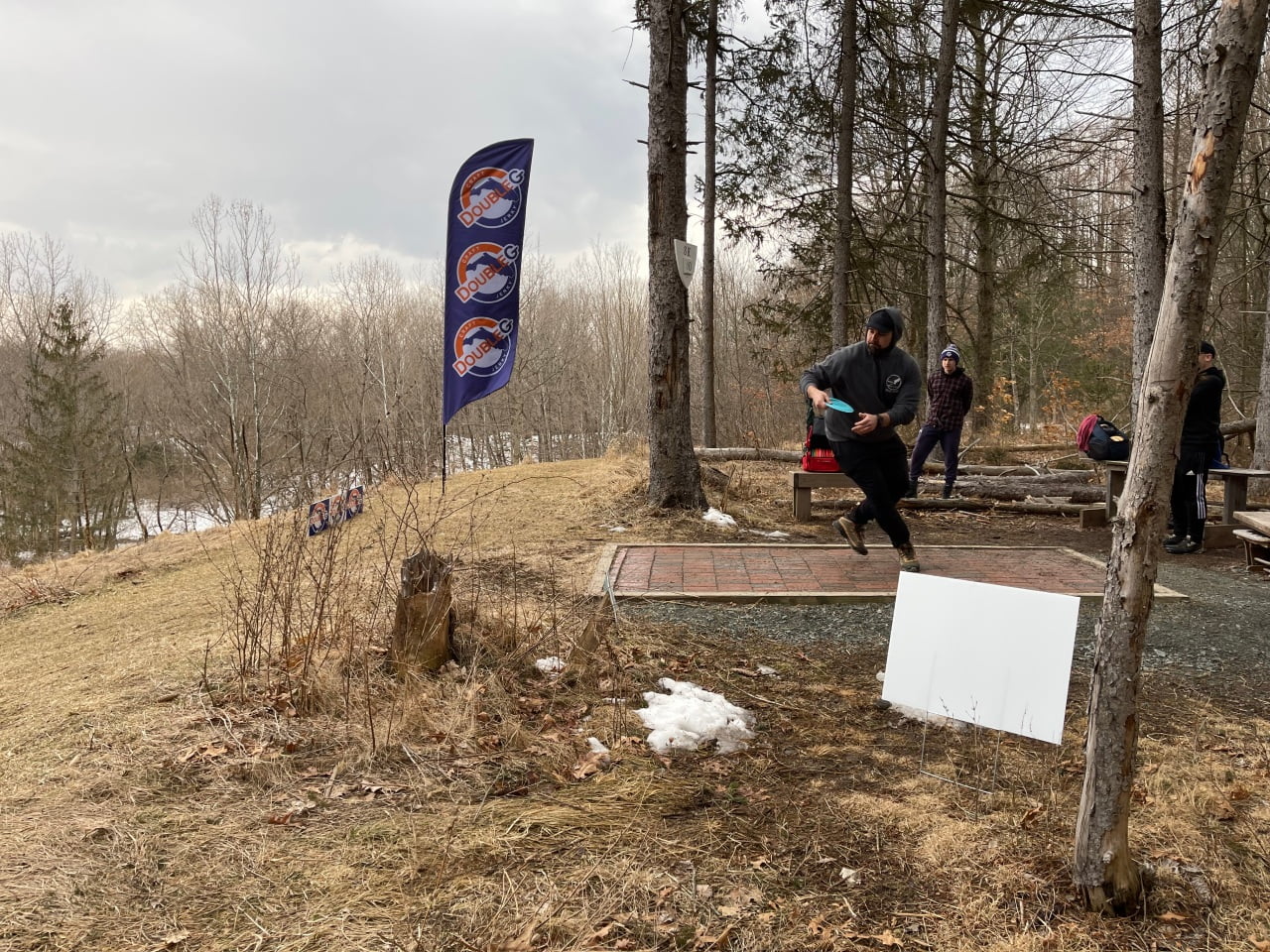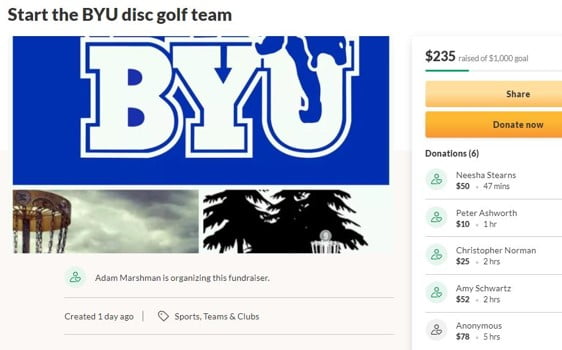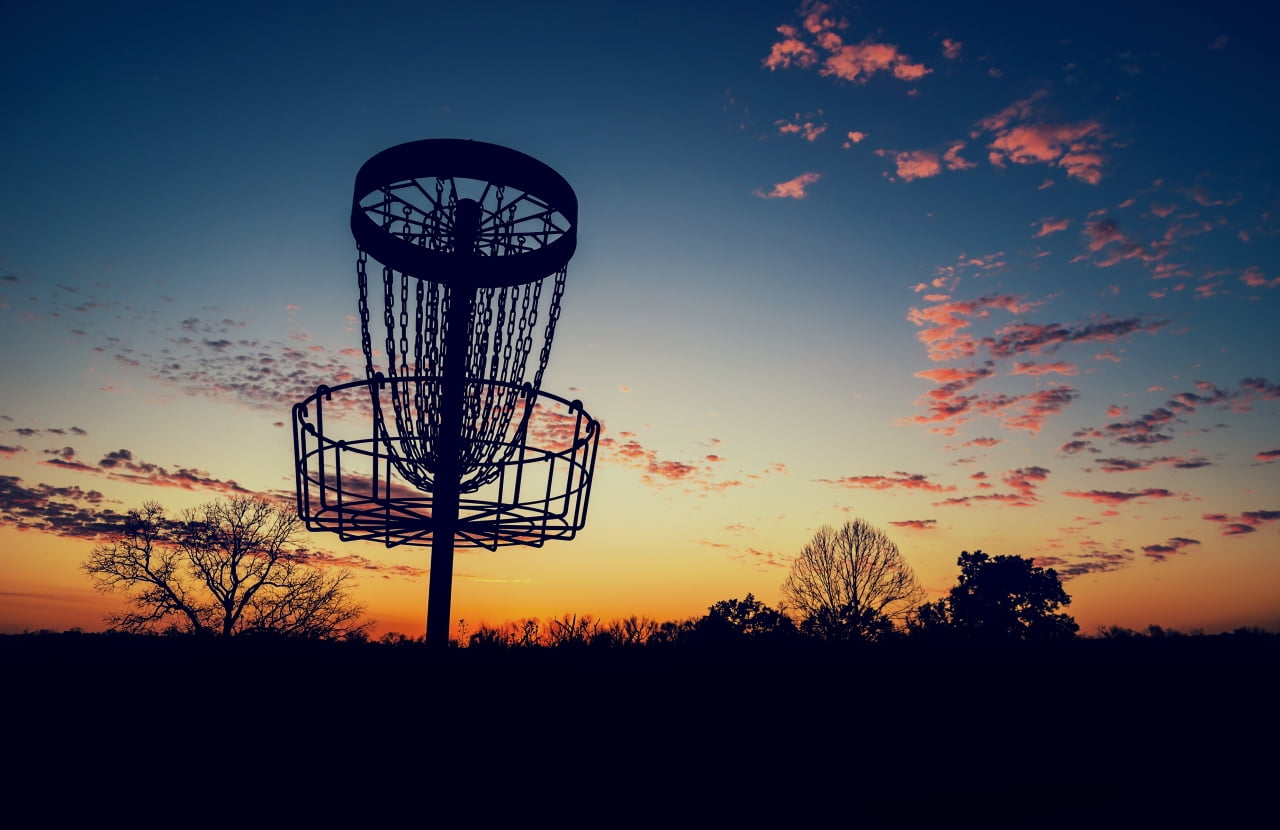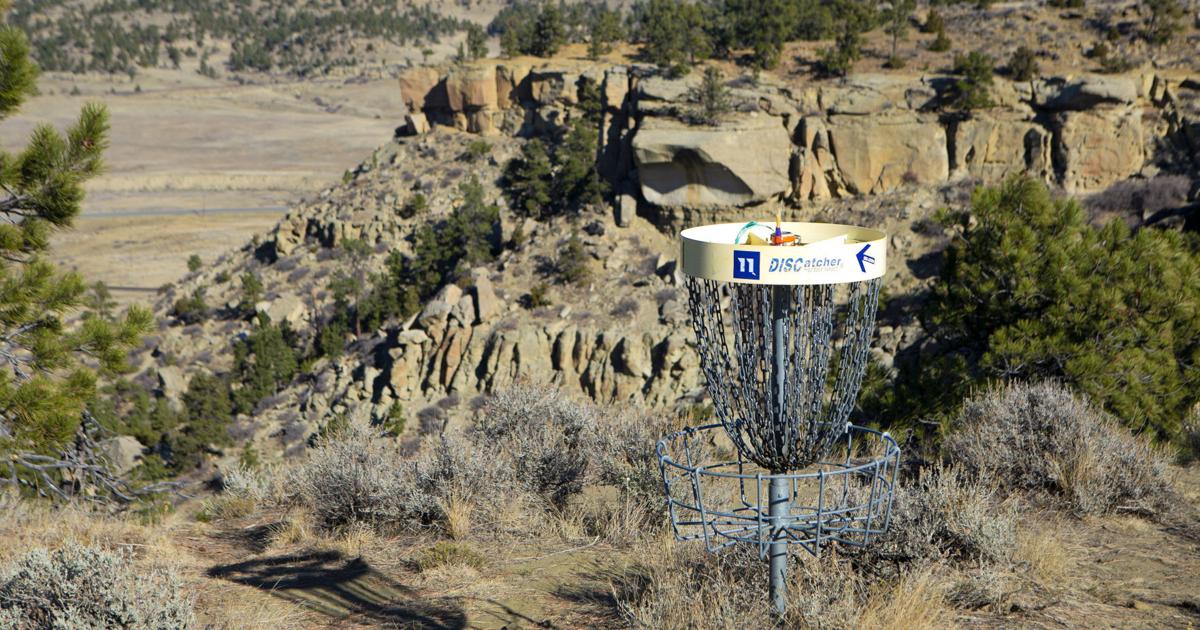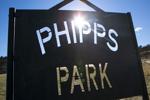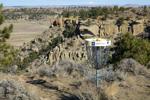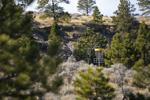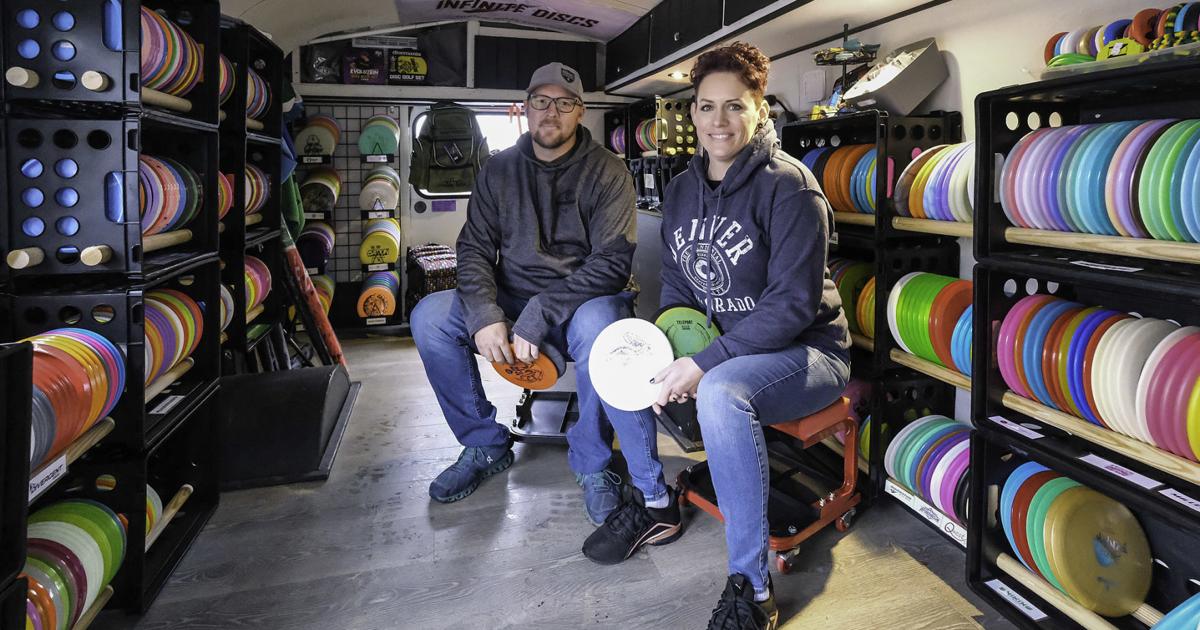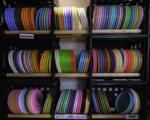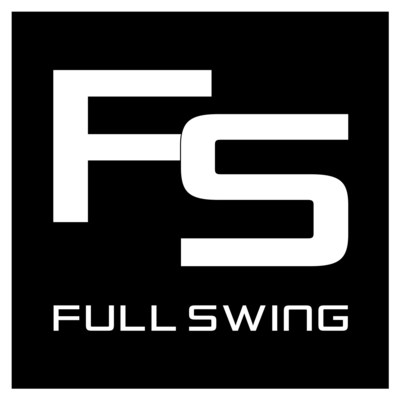Growth of disc golf on display as Austin hosts national tournament
When Nic Maloukis first started playing disc golf 20 years ago, Mary Moore Searight Metropolitan Park near his home in South Austin proved a natural destination.
The 18-hole course has a nice mix of challenging shots and short holes that appeal to seasoned players as well as the occasional thrower, and the wooded and rolling course gave the Akins High School graduate a good reason to get outside.
“I grew up playing Searight, and I still love to play there,” said Maloukis, who now lives with his family in San Antonio, where he works as the superintendent at Government Canyon State Natural Area. “Whenever I come visit Austin, I try and get over there and get a round or two in.”
Maloukis will join hundreds of other elite amateur disc golfers competing in this weekend’s National Amateur Disc Golf Tour’s national championship across courses throughout the Austin area. Approximately 1,300 players will compete, making it the largest amateur disc tournament ever to take place in the country.
Those numbers don’t surprise Maloukis, who has played courses throughout the San Antonio area and Central Texas.
“The growth of the sport has just been phenomenal,” he said. “You go to Searight now, especially on the weekend, and you’ll be waiting hours. It’s just amazing how the sport has grown, especially in Austin.”
That growth has helped make Austin one of the sport’s regional epicenters in Texas, and it’s one reason that NADGT Director David Feldberg selected the area for this season’s finals. After qualifying rounds wrap up Saturday, the Met Center course in Southeast Austin will host Sunday’s final round.
Feldberg, one of the most decorated players ever to compete on the Professional Disc Golf Association tour, now runs the NADGT with his wife, Synthya. After the tour had to cancel last season’s scheduled event in Austin because of the pandemic, Feldberg said he wanted to make this year’s event historic. Austin’s ever-growing status as a destination city — as well as its fondness for disc golf — makes it a natural host for such an event, Feldberg said.
“I was looking for a place that had a city with more than disc golf,” he said. “And I wanted a place with good weather, one that is centrally located, and one that had the courses. Everything lined up with Austin.”
The sport has grown beyond the stereotypical “hippies and dogs and tie-dyes,” Feldberg said. The tournament drew almost all of the top amateurs from across the country, including Maloukis and a handful of local disc golfers who grew up throwing at Searight, Circle C Ranch, Guerrero Colorado River Park, Zilker Park or Bartholomew Park — all five 18-hole courses maintained by Austin’s Parks and Recreation Department.
Sponsorships abound, even at the amateur tournaments. Feldberg said this weekend’s payouts will approach $120,000, and the top finishers Sunday will probably have the opportunity to play on the more lucrative (and much more competitive) Professional Disc Golfers Association tour. Sunday’s final will feature all the trappings of a big event with bleachers, food trucks and concessions. And it reflects disc golf’s democratic roots; the finals are free to watch.
Disc golf growth ‘exploded’ during pandemic
While the sport has enjoyed steady growth since the 1990s, participation leaped during the pandemic. Mike Olse, an Austin resident and former PDGA player who designs both public and private courses, said sales of discs and other equipment related to the sport has grown exponentially over the past year.
“I mean, why not?” Olse said. “It’s the perfect social-distancing sport and a great way to get outside, get away from people and get some exercise. The sport has just exploded since COVID.”
When Olse moved to Austin from Indiana two decades ago, he played his first round at Bartholomew, the oldest playable course in the state. At the time, Olse said, there were about 500 courses in the country. Now that number tops 8,000.
“I had never even heard of it (disc golf) before,” he said. “Now we haven’t been able to keep up with the demand; I mean, we’re never going to keep up with the demand. We did a study at Searight a few years back, and there were about 700 rounds being played on any given day on the weekend.”
Olse, who designed the Guerrero course as well as the Met Center course that will host Sunday’s finals, said that growth in the sport remains the biggest challenge when building a course. Austin’s beloved course at Pease Park along Shoal Creek closed almost a decade ago because of too much wear, and Olse said the city might eventually charge to play in order to pay for repairs and upkeep.
Olse says that’s not necessarily a popular opinion in the disc golf community, but it might be necessary for the sport to keep up with its growth rate.
“Some people say I’m the black cloud of Austin disc golf,” Olse said with a chuckle. “It’s so hard to mitigate for all the foot traffic and the environmental impact, but you have to find that balance because it’s a great way to get people outside and using the parks. Eventually, the majority of the courses will be pay-to-play. I think it’s inevitable.”
Aspiring players hope to ace event, gain recognition
But those concerns can wait for players such as 24-year-old Gabe Hernandez of Dallas, who didn’t pick up a disc until a little more than a year ago. A devoted Ultimate Frisbee player during his collegiate days at Stanford, he learned disc golf quickly enough to earn a coveted spot in this weekend’s tournament.
“At first I struggled, because it’s such a different Frisbee,” said Hernandez, gripping a compact 170-gram disc before an early round at the Guerrero course Thursday. “But it’s a lot of the same mechanics and throwing form; it’s just a matter of getting used to the different discs.”
Hernandez said that playing on the grueling courses in Texas has prepared him to make an impact at this weekend’s tournament, even though he might have less experience than many of the players.
“If you play average in Texas, you’ll play really well in a lot of other states,” he said. “It’s big here; you have to come here and play well and represent.”
And just how big is this weekend’s tournament, especially for a talented newcomer like Hernandez, who has professional aspirations?
“You get in the top three or top five here, it’s huge,” he said. “I mean, 90% of the players here want to get to that level, and a lot of big sponsorship companies will be looking to see who’s coming up. A lot of players are used to playing locally and playing amateur, and this is a chance to play a really big event and try to get some recognition.”
Disc golf national championship
8 a.m. Sunday, Met Center disc golf course (6600 Metropolis Drive), free admission, food trucks and concessions on site


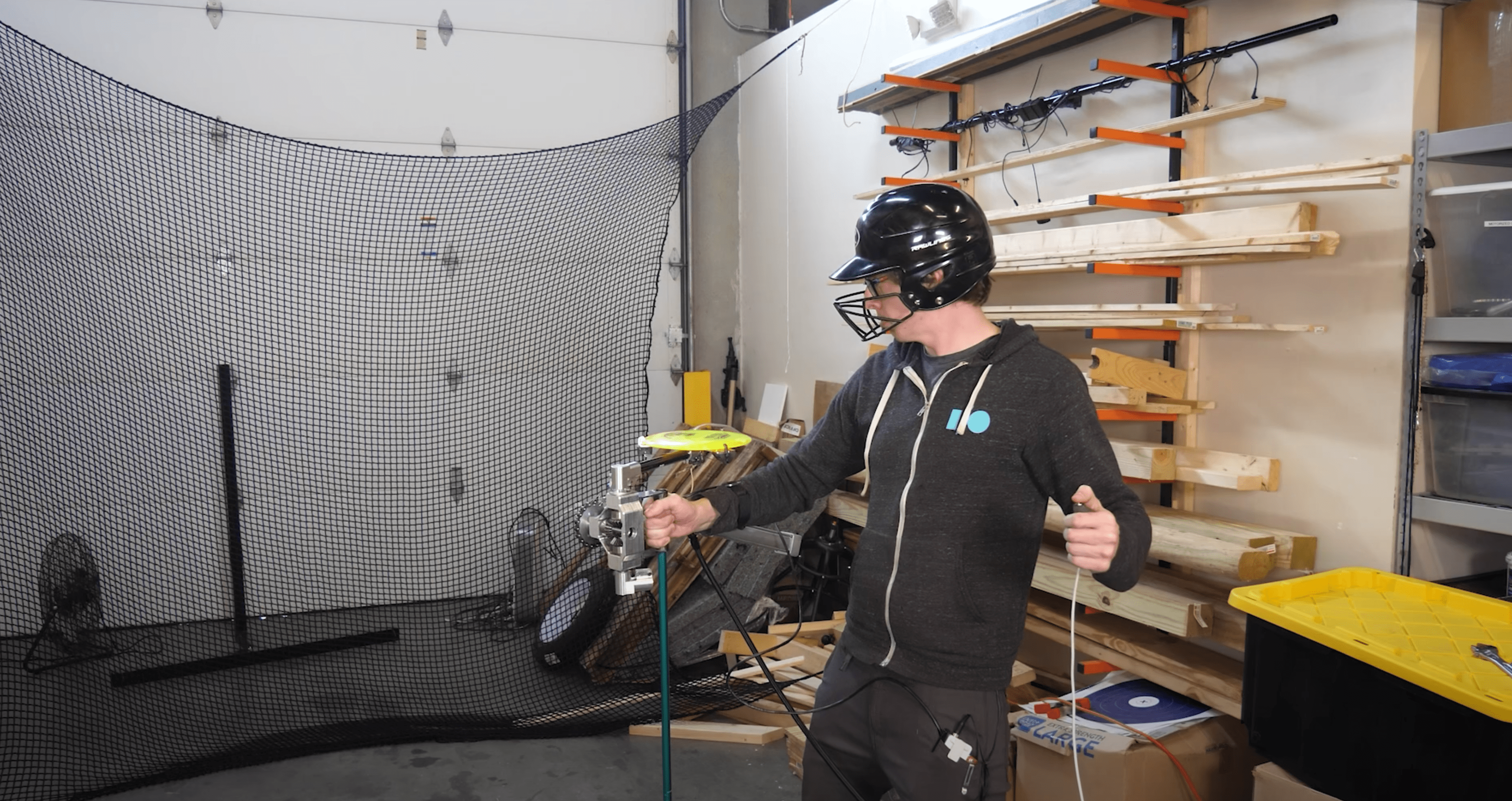
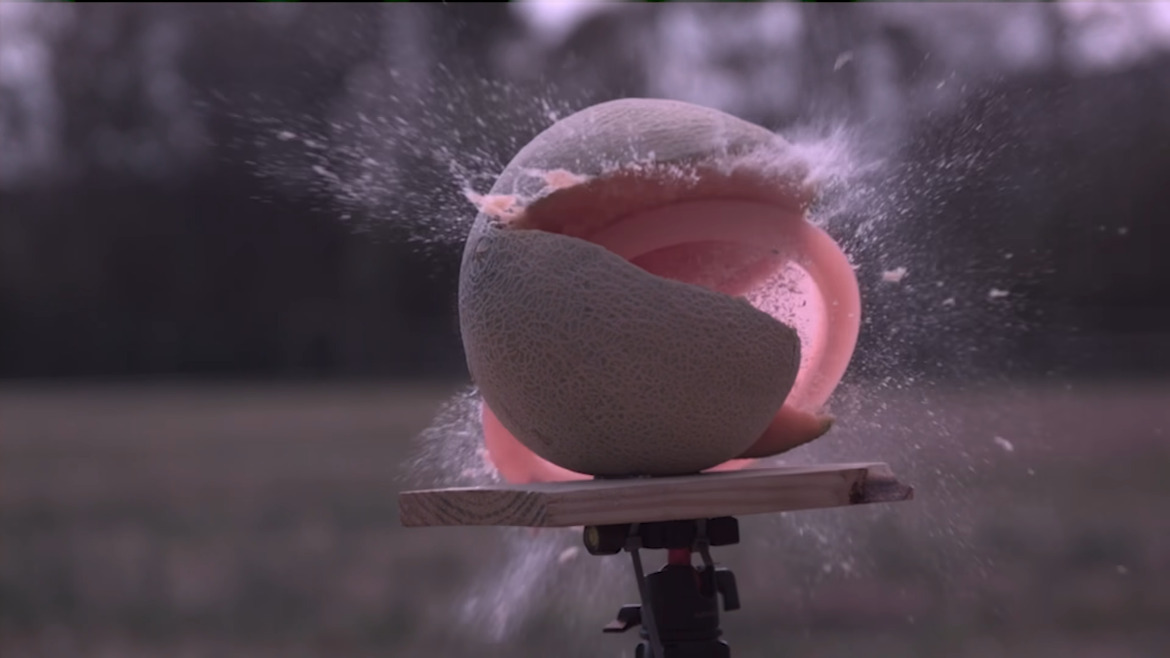 An initial design was decided upon based on high-pressure air pushing a piston to throw the Frisbee off of an arm. Initially, the arm was way too slow as the airflow was severely restricted due to air solenoids and pressure regulators. After fixing all those problems by fabricating his own solenoid and adding a secondary tank with no regulator, the arm started really moving. However, [Shane] wanted it to be able to be arm-mounted, so making sure the torque wouldn’t melt his arm bones was an important priority.
An initial design was decided upon based on high-pressure air pushing a piston to throw the Frisbee off of an arm. Initially, the arm was way too slow as the airflow was severely restricted due to air solenoids and pressure regulators. After fixing all those problems by fabricating his own solenoid and adding a secondary tank with no regulator, the arm started really moving. However, [Shane] wanted it to be able to be arm-mounted, so making sure the torque wouldn’t melt his arm bones was an important priority.